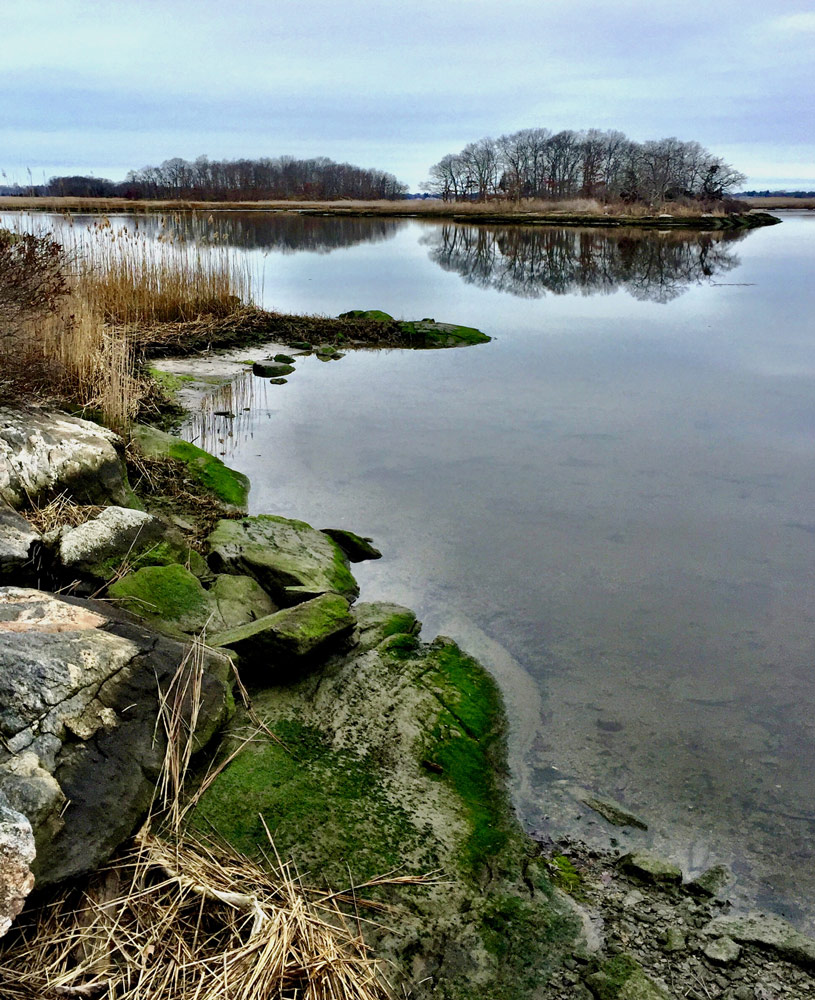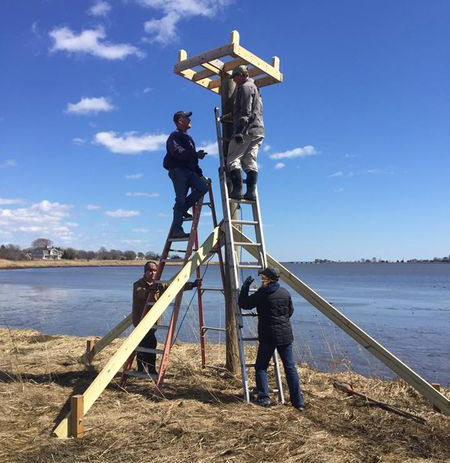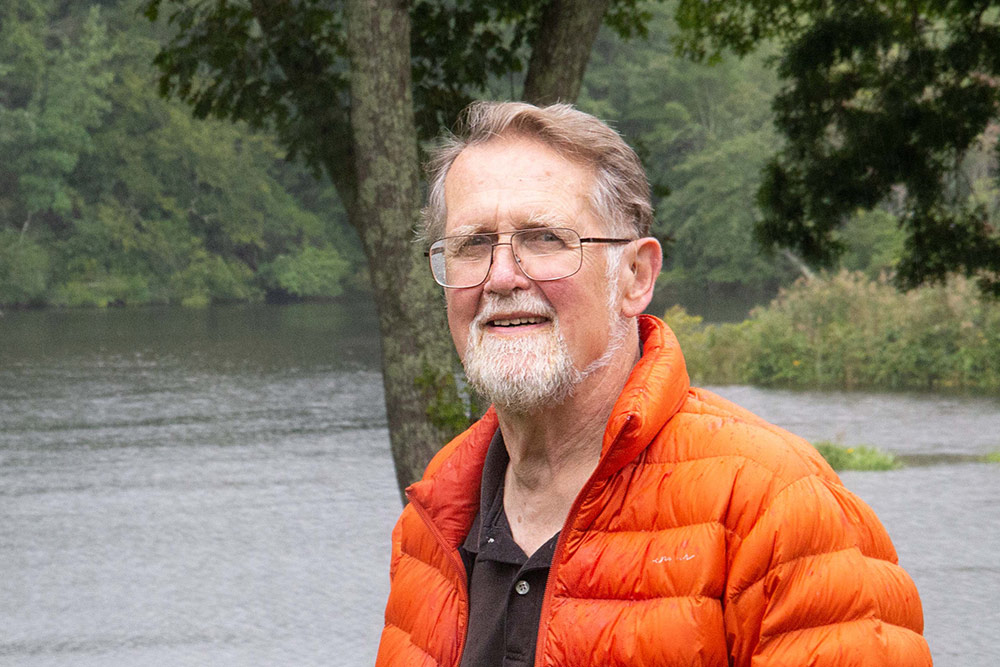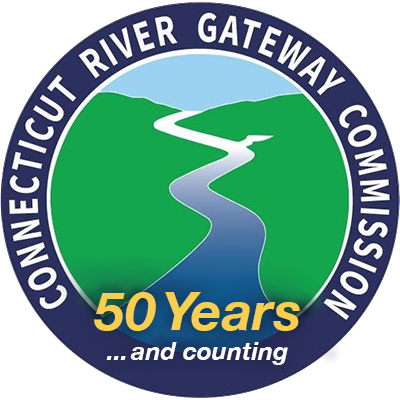Towns’ Land Conservation
Lord Cove, Judy Preston
Interested in Land Conservation?
Owners of scenic or prominent land within the Zone can protect their properties for future generations, and possibly gain a financial benefit from doing so.
Your town can explain how to do so. Options include donations of land, now or upon a donor’s passing; land protection agreements, deed restrictions, and sales.
Municipal Land Conservation
Each of the eight towns in the Zone have commissions committed to open space or land preservation.
A municipal commission, depending on its town government, may recommend open space acquisitions; manage open space lands for safe public access, protect open space natural resources and wildlife, advise land use boards, and offer public education.
Connecticut law requires for each town to adopt a plan of conservation and development at least once every ten years. While the plans may be prepared by planning & zoning agencies, conservation or open space commissions contribute to the plans’ goals and content. Commissions may also create and adopt open space plans.

Kathleen DeMeo
Municipal Commissions in the Eight Zone Towns:
State and Regional Government Conservation Efforts
The State of Connecticut’s Green Plan guides efforts by the Department of Energy and Environmental Protection and land conservation partners towards a goal of conserving 21% of Connecticut’s land base as open space by 2023.
RiverCOG published a 2021-2031 Regional Plan of Conservation and Development to inform land use decisions made by municipal commissions and to encourage land use coordination across municipal boundaries.

Looking for additional options for conserving land?
Land trusts can offer assistance explaining the various benefits and vehicles for your land.

Almost a Half Century of Service
Melvin Woody, the CT River Gateway Commission Vice Chairman and Lyme representative, has served on the body and its predecessor the Gateway Committee since its initial days, almost 50 years. Dr. Woody is a Professor Emeritus at Connecticut College.
